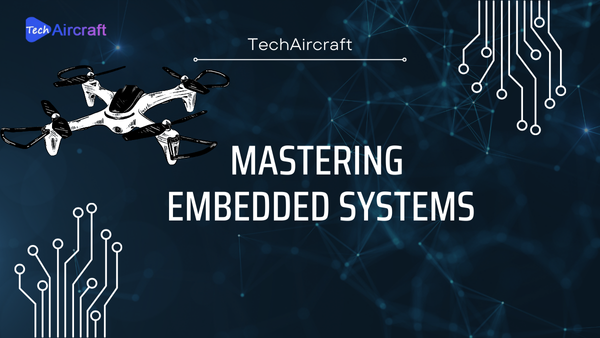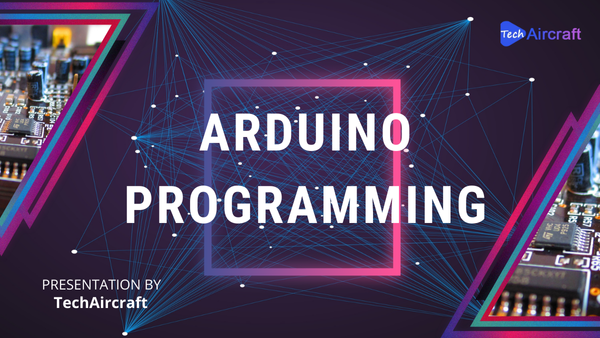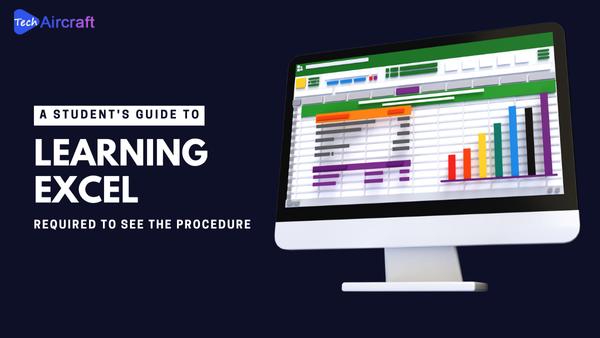OUR TOP courses

About Course
Embedded Systems: Integrated intelligence powering devices, from everyday gadgets to advanced machinery, enhancing efficiency and functionality seamlessly.”
About Course
Embedded systems are specialized computing systems designed to perform dedicated functions within a larger mechanical or electrical system. These systems typically consist of a microcontroller or microprocessor that is embedded as part of a larger device to control its operation.
Real-time operation: Many embedded systems must respond to inputs and produce outputs in real-time, often with strict timing constraints.
Limited resources: Embedded systems are often constrained by limited processing power, memory, and energy resources, requiring efficient design and optimization.
Specific functionality: They are designed to perform specific tasks or functions, tailored to the requirements of the device or system they are embedded within.
Integration: Embedded systems are integrated into larger systems or devices, working alongside hardware components and often interacting with other embedded systems or external devices.
Diverse applications: They are used in diverse industries and applications, from simple household appliances to complex autonomous systems in aerospace and robotics.
Development challenges: Designing embedded systems requires consideration of hardware and software co-design, real-time constraints, power efficiency, reliability, and safety.
Course Content
-
Introduction
02:15 -
Static and Current Electricity
04:43 -
Voltage and Current
03:55 -
Introduction to Microcontrollers
04:07 -
Microprocessor vs Microcontrollers
04:30 -
GPIO pins
04:00 -
Interrupts
05:20 -
ADC and DAC
05:00 -
Parallel vs Serial Communication
04:15 -
UART Protocol
05:01 -
SPI protocol
05:27 -
I2c Protocol
06:13





